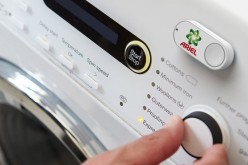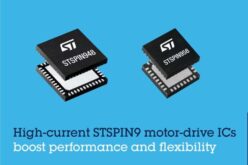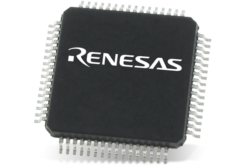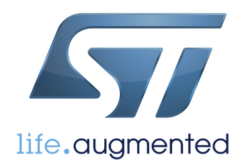Bosch to Acquire Assets of TSI Semiconductors and Invest $1.5 Billion in U.S. Chip Production for Electric Vehicles
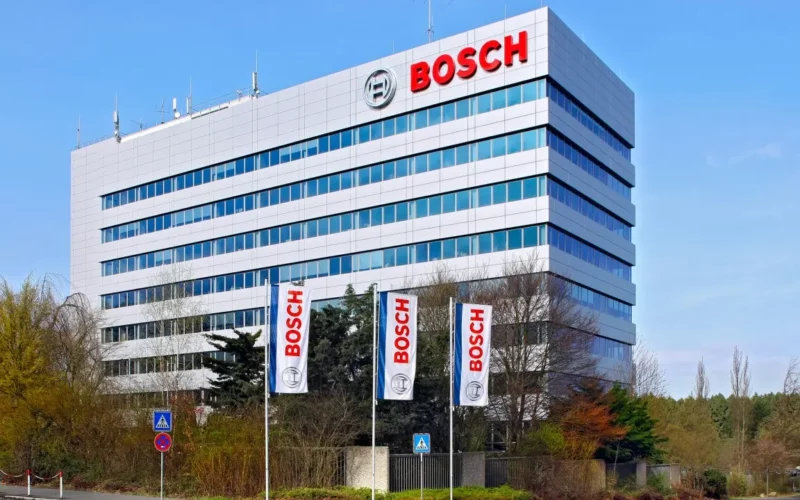
German multinational engineering and technology company Bosch has announced its plans to acquire key assets of California-based chip manufacturer TSI Semiconductors, in a move to expand its production of silicon carbide (SiC) chips for electric vehicles (EVs). The deal, for which the purchase price was not disclosed, will also see Bosch investing $1.5 billion to retool TSI’s chip production facilities in Roseville, California, to start producing SiC chips by 2026.
The demand for silicon carbide semiconductors is growing rapidly, with a 30% annual increase. These chips enable greater driving range and faster recharging, which is why they are in high demand by EV manufacturers. The acquisition of TSI’s assets will enable Bosch to establish its third semiconductor production site, after two in Germany, with the capacity to manufacture the in-demand chips.
The COVID-19 pandemic has further exacerbated the semiconductor supply chain shortages, and Bosch’s automaker customers have been pushing for more diversified sources of chips. The investment in TSI’s chip production facilities will be heavily dependent on federal funding opportunities and state subsidies, according to Bosch.
After acquiring the buildings, machines, and infrastructure of TSI’s commercial semiconductor business, Bosch plans to retool the factory and start producing SiC chips on 200-millimeter wafers in 10,000 feet of cleanroom space. This initiative is part of Bosch’s overall strategy to invest in technologies and solutions that support sustainability, as the company aims to become a carbon-neutral enterprise by 2020.
Bosch is not alone in its investment in SiC chips. US-based Wolfspeed and Onsemi Corp have also invested heavily in these semiconductors. Wolfspeed is building new plants to manufacture SiC chips in New York State and Germany, while Onsemi has signed a strategic agreement with Volkswagen AG to supply chips to the automaker.
As EVs become increasingly popular, the demand for SiC chips is likely to continue to grow, and Bosch’s acquisition of TSI’s assets positions the company to capitalize on this trend while strengthening its position in the EV market.








